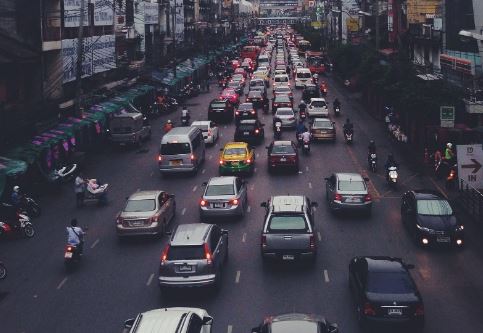India’s retail vehicle sales up 16% in February, festivals seen driving March – FADA
Bengaluru (Reuters) – Retail sales of vehicles in India jumped 16% to around 1.8 million units in February, helped in part by strong demand during the wedding season, an industry body of automobile dealers said on Monday, adding that festivals could push the sales higher in March.
Sales have picked up in the last two months as chip shortages eased and automakers launched new models to tap into the demand ahead of the festival and wedding seasons. However, rising interest rates amid elevated inflation are seen as a sentiment dampener, with overall sales in February still below pre-Covid levels.
Sales of two-wheelers advanced 15%, while those of three-wheelers jumped 81%, passenger vehicles 11%, tractors 14%, and commercial vehicles 17%, the Federation of Automobile Dealers Associations (FADA) said in a statement.
Changes in emission norms from April, which would see vehicle prices increase, and automakers rolling out promotional offers in the final month of the fiscal year, should help push sales higher in March, FADA added.
The industry body cited a slew of festivals, including the two-day festival of colours – Holi, and regional new year celebrations Ugadi and Gudi Padwa, for the demand in March.
FADA publishes retail sales data, while the Society of Indian Automobile Manufacturers (SIAM), which usually releases data in the second week of the month, counts vehicles sold to dealers.
Auto sales numbers are keenly watched, as they are one of the key indicators to assess private consumption and carry more than 50% weightage in calculating the country’s economic growth.
Meanwhile, the industry body warned that predictions of a return of El Niño weather conditions in the Pacific, which could mean a weaker monsoon in India and result in lower output and higher prices, may be a dampener for sales of commercial vehicles.
Two of India’s top three listed bike makers TVS Motor Company (TVSM.NS) and Hero MotoCorp (HROM.NS) beat domestic sales estimates in February as chip supply shortages eased.
The three-wheeler segment continued to witness robust demand after the government subsidies breached pre-pandemic levels for the first time in February, FADA said.



